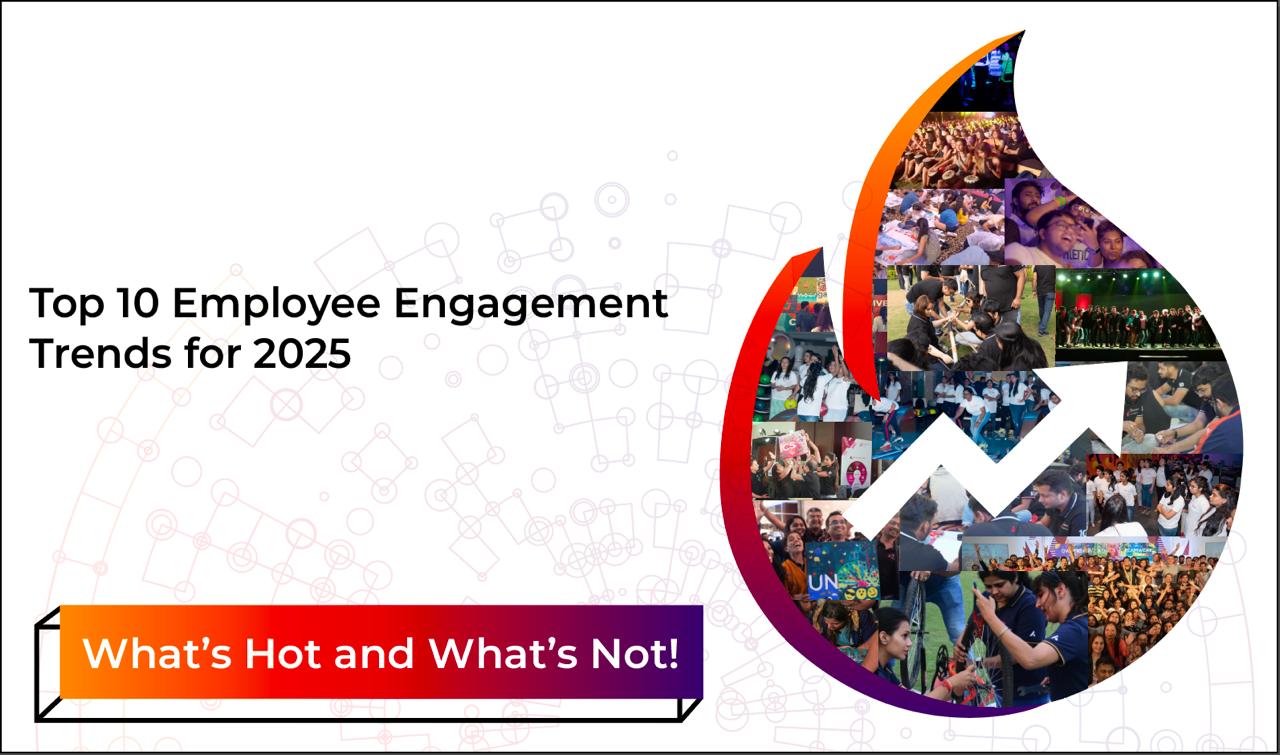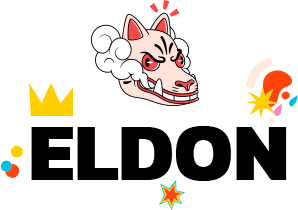

Top 10 Employee Engagement Trends for 2025: What’s Hot and What’s Not
In to verything is constantly changing, as change drives growth, and growth brings opportunities. One area where this is especially evident is employee engagement trends. As work environments become more flexible, employee expectations are shifting towards greater personalization, recognition, and purpose in their roles. Companies that rely on outdated employee engagement activities risk falling behind, as today’s workforce demands real-time feedback, mental wellness assistance, and genuine connections with their colleagues. Incorporating engagement surveys and real employee engagement activities can provide valuable insights into what drives employees. Staying updated with these changing trends is essential for organizations to create a culture that attracts top talent, retains employees, and promotes high performance. Adapting to these shifts not only boosts employee satisfaction but also contributes directly to organizational success.
5 Employee Engagement Trends that are hot:
1. Effective Reward and Recognition
Employee motivation and self-esteem are greatly impacted when their contributions are acknowledged and rewarded. Employees who feel valued for their efforts, no matter how small, are more likely to stay committed to their organization. According to a 2023 study published in the Journal of Organizational Behavior, companies with strong recognition programs experience a 31% lower turnover rate. Consistent recognition, whether it is for individual accomplishments or team milestones, raises spirits and promotes a healthy work environment. Gen Z and Millennials, in particular, considering they are the largest workforce today, thrive on regular feedback and recognition for their work, making this trend a cornerstone of modern engagement.
- Immersive Onboarding Experiences
Onboarding sets the tone for an employee’s journey within an organization. Innovative onboarding experiences that incorporate technology, such as virtual reality (VR), allow new hires to explore company culture interactively. Alongside tech, thoughtful touches like customized induction kits and desk decorators make employees feel welcome . For younger generations, a fun and engaging onboarding process can be the difference between a long-term commitment and a short stint.
- DEI-Focused Engagement
Diversity, equity, and inclusion (DEI) are fundamental pillars of modern workplaces. Employees flourish in environments where they feel a sense of belonging. DEI-focused initiatives, such as inclusive hiring practices, accessible resources, and platforms to amplify diverse voices, ensure everyone feels represented and valued. Research in the Harvard Business Review shows that diverse teams are 70% more likely to capture new markets, underscoring the business case for DEI. Millennials and Gen Z, who value authenticity and inclusivity, are driving this shift and expecting organizations to uphold these principles.
- Productive Learning-Based Engagement Activities
Learning opportunities tailored to employee interests and career goals boost engagement. Productive employee engagement activities like micro-learning modules, peer-led workshops, and skill-building activities not only develop talent but also keep employees enthusiastic about their work.
- Personalized Growth Pathways
Employees can create career paths that fit their goals with the help of personalized growth pathways. Organizations can provide personalized learning and development strategies by utilizing AI-driven technologies. This strategy encourages dedication and a sense of ownership since employees perceive an identifiable path to success within the organization. Personalization is an indispensable component of employee engagement trends in 2025.
5 Employee Engagement Trends that are not hot:
- Ping-Pong Tables and Flashy Office Perks
Game rooms, bean bags, and office slides are things that are long gone. Although these benefits were originally thought to be necessary to create a “cool” environment, research indicates that employees today place a higher value on benefits that promote their career advancement and well-being than on flimsy perks. Benefits including professional development opportunities, flexible work hours, and mental health support have been shown to increase employee engagement and retention (Gallup, 2024). These superficial additions are being replaced by initiatives that truly enhance employee productivity and satisfaction.
- Annual Employee Surveys
Yearly feedback surveys have become ineffective, with research indicating that they often fail to capture real-time employee sentiments (Harvard Business Review, 2024). Employees today want ongoing, interactive feedback systems, such as pulse surveys and engagement apps, that allow managers to make timely adjustments to strategies. Continuous listening strategies are now favored, allowing organizations to be agile in addressing employee concerns and improving employee engagement.
- Fun Fridays and Forced Socialization Activities
Once prevalent, team-building exercises, Fun Fridays, and standard office activities like Zumba or yoga today seem imposed and ineffective. Instead of one-size-fits-all programs, employees choose activities that match their schedules and their interests. Personalization and voluntary participation are key to keeping employees engaged without adding unnecessary pressure.
4. One-Time Leadership Training Programs
Traditional, one-off leadership training sessions are losing effectiveness. Leadership development today is an ongoing journey, not a single workshop or seminar. Employees expect continuous coaching, mentorship, and real-world application of leadership skills rather than theoretical sessions that don’t translate into daily work. Companies are now shifting towards on-demand leadership resources, interactive learning platforms, and real-time coaching to build effective future leaders.
5. Celebration Without Meaningful Recognition
Birthday cakes, anniversary celebrations, and generic appreciation emails are no longer sufficient to make employees feel valued. Employees desire recognition that is personalized, meaningful, and tied to their impact on the organization. Organizations are now shifting from significant, one-size-fits-all celebrations to real-time, customized reward systems that recognize individual accomplishments, career advancement, and collaboration in a way that resonates with each employee.
Conclusion
Organizations must embrace the new era of employee engagement trends, which depend on authenticity, personalization, and ongoing growth, as the workforce keeps evolving. The next generation workforce wants more than simply a paycheck; they want a job that gives them meaning, flexibility, and a sense of worth. Organizations that modify their employee engagement strategies to satisfy these demands and incorporate technology, diversity, and customized training into their ethos will prosper. By staying ahead of the trends and fostering an atmosphere that prioritizes recognition, well-being, and meaningful connections, businesses can create workplaces that not only attract top talent but also drive lasting success through impactful engagement activities and continuous feedback from engagement surveys.



